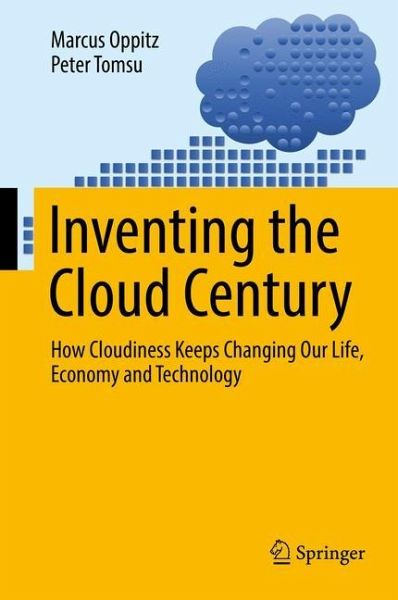
Inventing the Cloud Century
How Cloudiness Keeps Changing Our Life, Economy and Technology
Versandkostenfrei!
Versandfertig in 6-10 Tagen
66,99 €
inkl. MwSt.
Weitere Ausgaben:

PAYBACK Punkte
33 °P sammeln!
This book combines the three dimensions of technology, society and economy to explore the advent of today's cloud ecosystems as successors to older service ecosystems based on networks. Further, it describes the shifting of services to the cloud as a long-term trend that is still progressing rapidly.The book adopts a comprehensive perspective on the key success factors for the technology - compelling business models and ecosystems including private, public and national organizations. The authors explore the evolution of service ecosystems, describe the similarities and differences, and analyze...
This book combines the three dimensions of technology, society and economy to explore the advent of today's cloud ecosystems as successors to older service ecosystems based on networks. Further, it describes the shifting of services to the cloud as a long-term trend that is still progressing rapidly.The book adopts a comprehensive perspective on the key success factors for the technology - compelling business models and ecosystems including private, public and national organizations. The authors explore the evolution of service ecosystems, describe the similarities and differences, and analyze the way they have created and changed industries. Lastly, based on the current status of cloud computing and related technologies like virtualization, the internet of things, fog computing, big data and analytics, cognitive computing and blockchain, the authors provide a revealing outlook on the possibilities of future technologies, the future of the internet, and the potential impacts on business and society.














